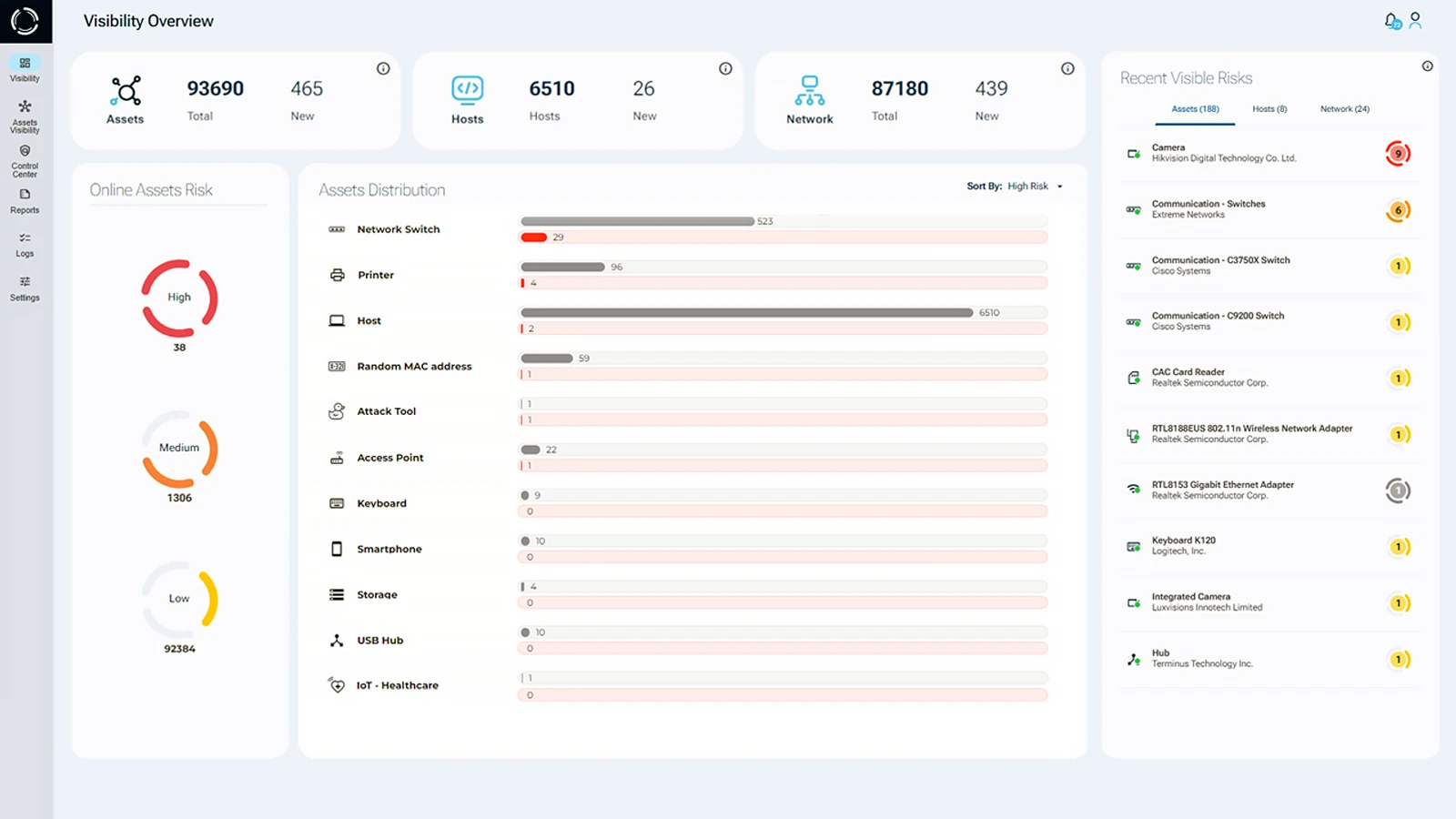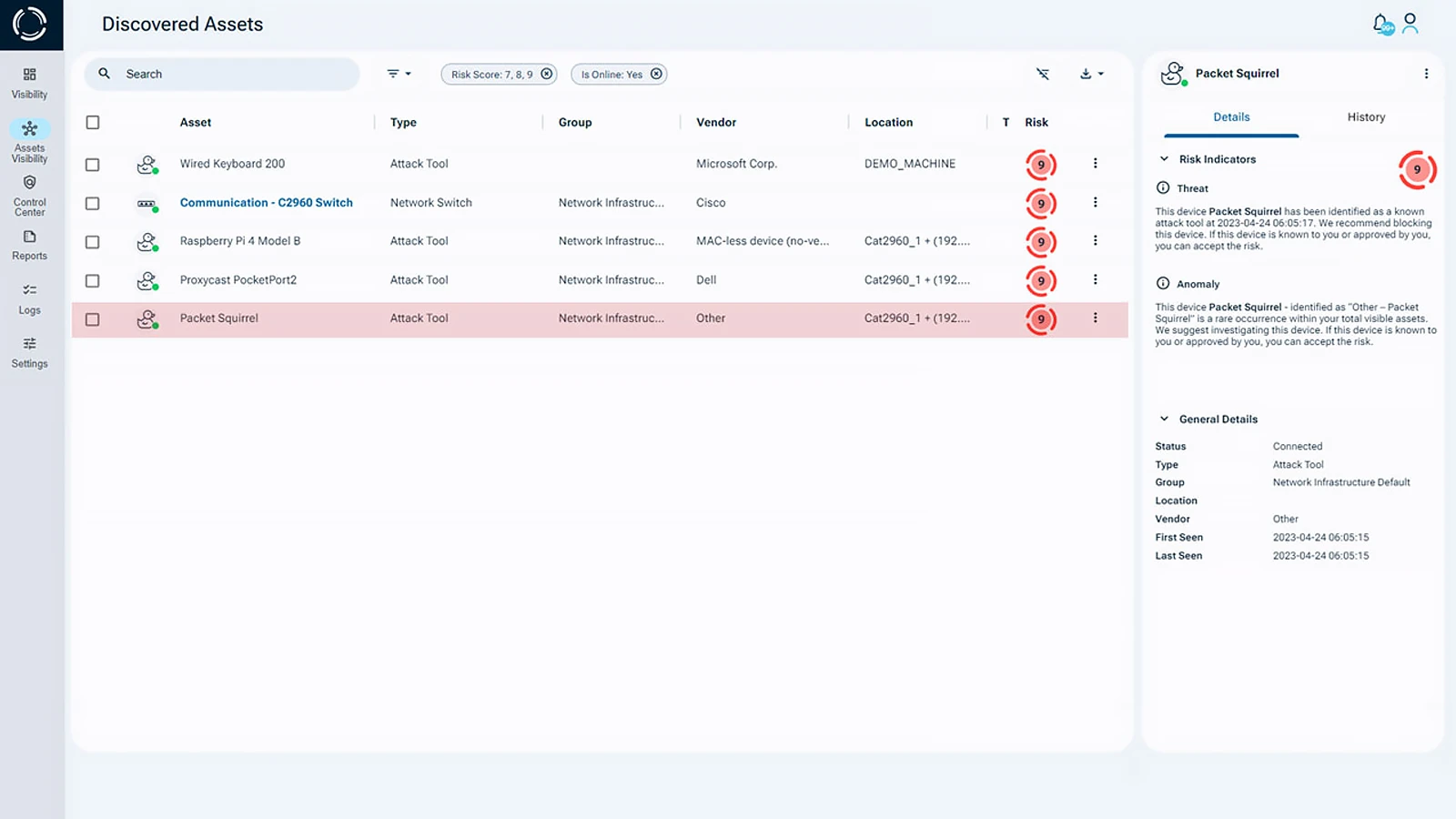What Are Managed Security Service Providers?
Managed Security Service Providers (MSSPs) are external cybersecurity experts that help organizations protect their digital assets. They monitor security systems, manage threats, and strengthen overall defenses. Common services offered by MSSPs include threat detection, incident response, and compliance support. By partnering with an MSSP, businesses can better defend against today’s increasingly sophisticated cyberattacks.
While MSSPs focus exclusively on cybersecurity, Managed Service Providers (MSPs) deliver broader IT support, such as network management, cloud services, and device maintenance. MSSPs operate through dedicated Security Operations Centers (SOCs), providing 24/7 monitoring and proactive threat management that MSPs typically do not offer. For a detailed comparison of MSPs and MSSPs, see IBM’s overview.
Cyberattacks are increasingly difficult to prevent. Many in-house security teams lack the staffing or resources needed to address these evolving threats. MSSPs help fill this gap by delivering tailored security services that align with each organization’s specific needs and regulatory requirements.
Benefits of Managed Security Services (MSSPs)
Companies that work with MSSPs get many important benefits:
- Faster Incident Response: According to Gartner, companies that integrate Managed Security Services into their security frameworks experience up to 50% quicker resolution times during cyber incidents.
- Enhanced Compliance: Managed Security Services help maintain regulatory compliance, reducing risk of penalties.
- Operational Efficiency: Outsourcing cybersecurity lets businesses focus on their core activities while maintaining strong cyber defenses.
MSSPs protect against many cyber threats, such as Advanced Persistent Threats (APTs), malware, data leaks, and DDoS attacks. With expert monitoring and quick action, they keep important data and systems safe in many industries. For more insight into MSSPs and their value to organizations, see the Cloud Security Alliance’s guide.
Core Managed Security Service Provider Offerings
This section outlines key cybersecurity challenges and how Managed Security Service Providers deliver innovative, real-time services to address them effectively:
- Advanced Persistent Threat (APT): APT attacks exploit system flaws to gain unauthorized access. MSSPs detect and control APTs in order to secure critical systems and sensitive data.
- Data Breach Prevention: MSSPs watch systems all the time, use encryption, and manage risks to stop sensitive data from leaking.
- Malware Defense: Viruses, worms, and trojans can damage systems and leak data. MSSPs provide constant malware protection with real-time alerts and automatic responses. They make sure only allowed users can access systems.
- Distributed Denial of Service (DDoS): These attacks overwhelm systems by flooding them with traffic from hacked devices. MSSPs monitor and react quickly to reduce these attacks.
- Man-in-the-Middle (MiTM) Attack Protection: MiTM attacks intercept communications to steal sensitive information, such as login details. MSSPs protect organizations from these attacks by using encryption, login protocols, and firewall solutions, ensuring secure and private data transmission.
- Working from Home (WFH) Security: Remote work increases cyber risks, especially when employees use personal devices (BYOD). MSSPs offer services to protect these remote setups.
The Rising Risk of Hardware Attacks
Hardware attack tools, called rogue devices, can enter systems through various ways. These include the supply chain, insider threats, as well as Bring Your Own Device (BYOD) and Internet of Things (IoT) tools.
These hidden risks make it harder to keep networks safe. This shows why companies need better awareness and stronger cybersecurity services.
Managed Security Services with Sepio
Sepio’s platform gives MSSPs clear and complete visibility of all hardware assets.
This helps find and stop rogue devices that other cybersecurity tools miss. Rogue devices can steal data or let hackers access systems without permission. They are a serious cyber threat.
Sepio works easily with different network setups, whether Site-to-Site or Multi-tenant. This means quick installation and fast results. MSSPs can improve hardware threat detection, control assets better, and strengthen their clients’ overall cybersecurity services.

Unmatched Hardware Visibility
Sepio leverages physical layer visibility to detect threats at the most foundational level—across computers, network infrastructure, and wireless access points.
It finds hidden attack tools like fake Human Interface Devices (HIDs) and invisible network implants without IP or MAC addresses. These secret devices can create hidden communication channels, even on isolated networks (air-gapped), making them very dangerous.
With this ability, MSSPs can protect their clients from advanced threats that other cybersecurity tools miss.
Proactive Hardware Threat Defense
Many managed security teams lack the tools needed to track and control all hardware assets, creating cybersecurity gaps that hackers can exploit. Rogue devices, such as BadUSBs or network implants, can bypass traditional defenses, leading to malware infections, data breaches, and other serious threats.
Sepio fills this gap by providing real-time visibility and enforcing security policies, enabling MSSPs to detect, block, and prevent hardware-based attacks. This strengthens overall security and enhances operational reliability.
Sepio’s Discovered Assets
Sepio solves the problem of not seeing all devices on the network. It is a leader in stopping rogue devices by identifying and managing every connected peripheral.
Using physical layer fingerprinting and Machine Learning, Sepio creates unique digital fingerprints from each device’s electrical signals. This gives complete visibility and helps find weak spots in the network.
Sepio also has a policy enforcement system. It suggests best practices and lets admins create strict or custom rules. If a device breaks the rules, Sepio blocks it automatically, stopping rogue or unauthorized hardware immediately.

Why MSSPs Choose Sepio
For Managed Security Service Providers, Sepio strengthens hardware threat defenses by providing:
- Easy integration with current MSSP operations.
- Complete visibility of all connected hardware assets.
- Prioritized risks and focused strategies to reduce threats.
Schedule a Demo
Schedule a demo. Our experts will show you how to use Sepio’s patented technology to gain control over your asset risks.
Download Managed Security Service Provider white paper (pdf)





